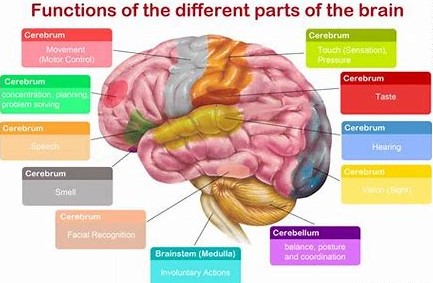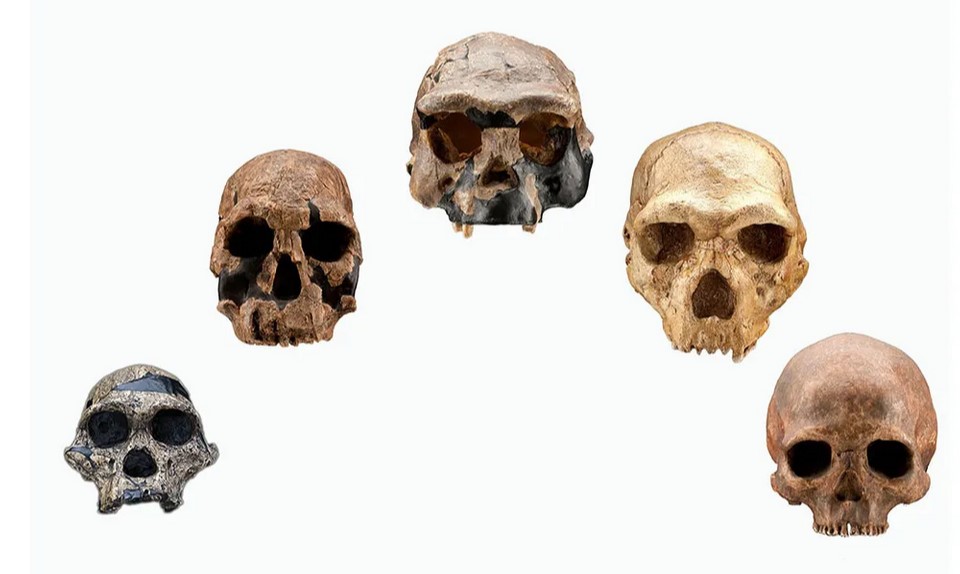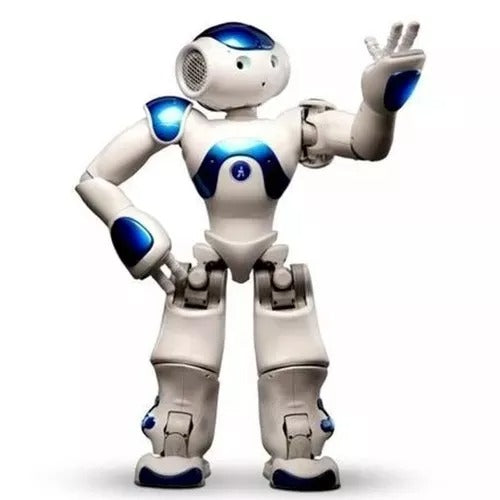A person is as pressed by social media as if the person were a movie star. Every potion, every holiday spot, every kinky way to do something, is tossed at the screen. There are some well intentioned advertisers, for example medical advice, an ability to talk with family and friends, how to interact with government and the legitimate news organizations that love to talk about themselves.
But by a massive degree more frequently, a person is assaulted by mercenaries, corporate manipulators and irrational hagglers. Privacy is lost. Personal decision-making is thwarted by unbalanced information. And watching television has become so pervasive as to shut down normal social behavior, that is, interpersonal dialogue and mutual participation in life.
In the middle of the last century, mariner was a preacher. The job of preacher does have a political aspect to it when dealing with the congregation but the standard job description had a set of priorities: Foremost, run religious services and sacraments. Second, above all other responsibilities, visit the ill and shut-ins. Third, promote community programs and evangelism.
He is sorry to say that visiting is no longer a priority, In this century, the services and sacraments are sustained and the political aspect is not about the political issues that arise when attempting to be a Christian but rather, doing just the opposite by politicizing issues contrary to Christian doctrine.
In the world of politics, the well being of the citizenry has been co-opted by corporate interests and in recent times has created a have, have not society. Finally, in the background, the planet’s traditional political liaisons between nations have grown old and are under stress.
. . . .
Mariner mentions these situations because every one detracts from the one behavior that can see us through: Be a normal human being! That means talking to other human beings at least as often as sitting in a TV chair or scratching a computer/telephone screen. Sustain personal relations that build community spirit.
A simple pattern, be sure to visit each friend and neighbor regularly – even have them visit you.
Attend community events. Organize or associate with a picnic or event that includes friends and neighbors; participate in neighborhood activities; look for ways, even very tiny, where you can help a neighbor – especially shut-ins and the ill because preachers don’t do it any more. In fact, ask a neighbor to help you – something about which mariner has become experienced.
Belong to a local group that helps the indigent or get with friends to repair an old person’s home.
Reinforce family unity with visitations, vacations, and reunions. Share more time with children whether at home or who have moved into their own life.
Participate in local election activity. Of course, always vote!
One of the overlooked activities that build community strength is a local newspaper. Sadly, local papers are disappearing because of competition with the Internet. However, if you are fortunate to have a local paper, subscribe to it. More is happening around the community than one may think.
Deliberately give one full day each month dedicated to servicing others. That includes spouses, children, neighbors, social organizations and anyone else who would be pleased with your dedicated interest.
Finally, enforce a time when your own well being Is important. It could be fishing, golfing, boating, etc. Or perhaps reading, visiting natural surroundings, taking a short trip to see something interesting, have a hobby. Just find a place where time belongs only to you – and not to the TV or telephone.
Our genome says we need a tribe to care for.
Ancient Mariner




